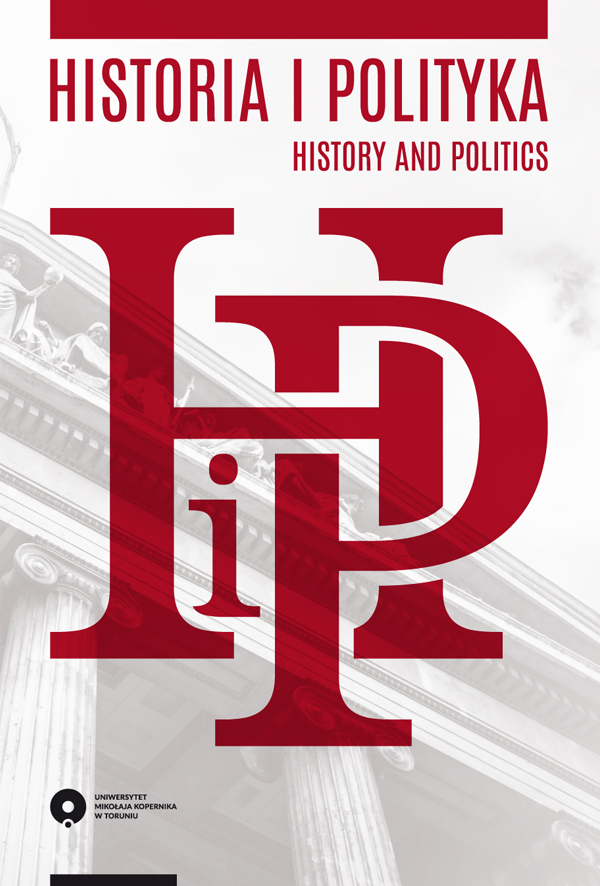Ukryty Smok: chińska polityka wobec Arabii Saudyjskiej
Hidden Dragon: China’s Policy towards Saudi Arabia
Author(s): Marta Woźniak-BobińskaSubject(s): Politics / Political Sciences, Politics, International relations/trade
Published by: Wydawnictwo Naukowe Uniwersytetu Mikołaja Kopernika
Keywords: China; Saudi Arabia; Middle East; oil; energy security
Summary/Abstract: This paper attempts to present Sino-Mideast relations in terms of economic interdependence theory. In the 21st century, the People’s Republic of China has become a major player in the Middle East. The foundation for China-Saudi cooperation is energy: Saudi Arabia is the world’s largest oil exporter and China the world’s largest oil importer. Moreover, China perceives Saudi Arabia as a reliable source of oil and, as a consequence, the energy cooperation between the two countries has resulted In significant economic and trade cooperation. However, due to its friendly economic and strategic partnership with Iran – Saudi Arabia’s enemy – China is walking a political tightrope in the Middle East while trying to ensure the diversification of its energy sources. The paper argues that China’s military does not have close relations with Saudi Arabia’s armed forces; the Kingdom relies al most entirely on arms imported from the USA. Both China and the USA want to preserve Saudi Arabia’s security and stability. Thus, China’s engagement in the Middle East has not been seen as undermining the United States’ interests in the region. On the contrary, Sino-Mideast relations appear to be dependent upon US involvement. It is unlikely that in the immediate future China and the United States will actively compete against each other in the Middle East although this cannot be ruled out in the coming decades. Meanwhile, China continues to skilfully propagate its national interest in the region.
Journal: Historia i Polityka
- Issue Year: 26/2017
- Issue No: 19
- Page Range: 43-59
- Page Count: 17
- Language: Polish

